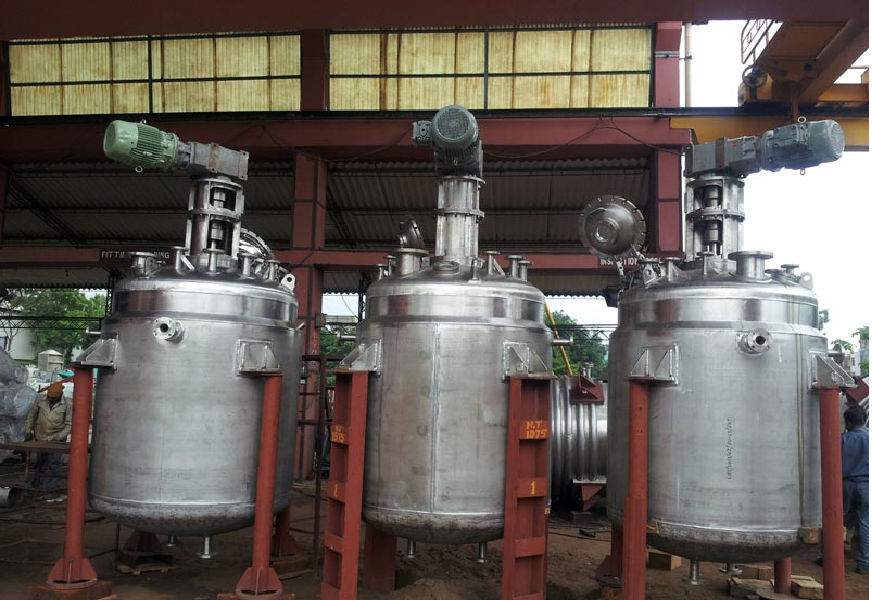“Temperature control is not a luxury in chemical processes—it’s a necessity. Jacketed reactors deliver both precision and reliability.”

A jacketed reactor is a type of vessel designed for efficient heat transfer during chemical reactions. It features an outer jacket surrounding the main vessel, through which a heating or cooling fluid (like steam, hot oil, or chilled water) is circulated. This design allows precise temperature control, which is crucial for maintaining optimal reaction conditions.
Jacketed reactors are widely used in chemical, pharmaceutical, and food industries. They are ideal for processes requiring tight thermal regulation, such as polymerization, crystallization, and fermentation. Available in various configurations—including single-jacket, dimple jacket, and half-pipe coil—the reactor can be customized based on process requirements, pressure ratings, and scale.
“Temperature control is not a luxury in chemical processes—it’s a necessity. Jacketed reactors deliver both precision and reliability.”
With advancements in automation, jacketed reactors are often integrated with sensors and control systems for real-time monitoring of temperature, pressure, and mixing speed. Their robust design ensures safety under a wide range of operating conditions, making them a cornerstone of modern chemical manufacturing and scale-up operations.